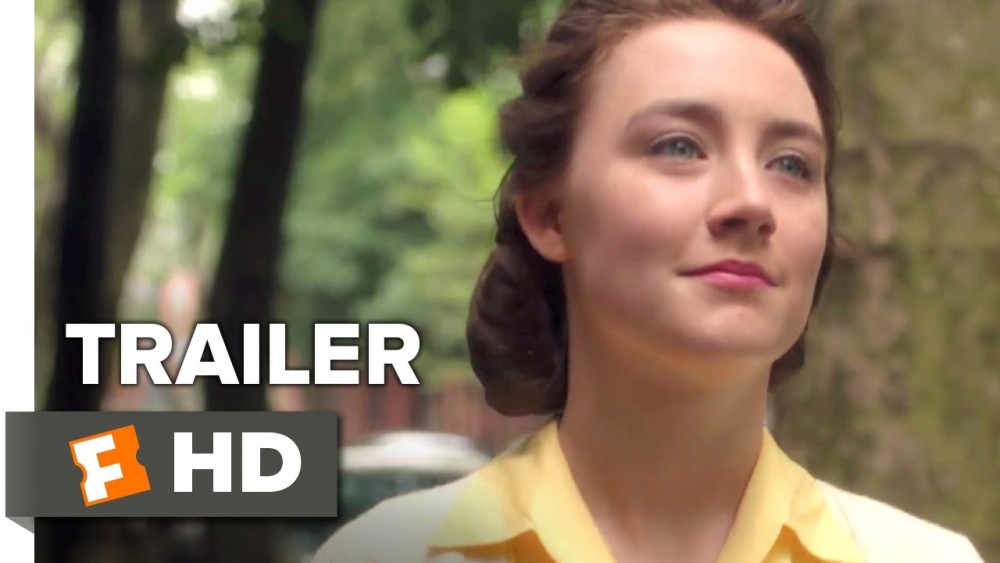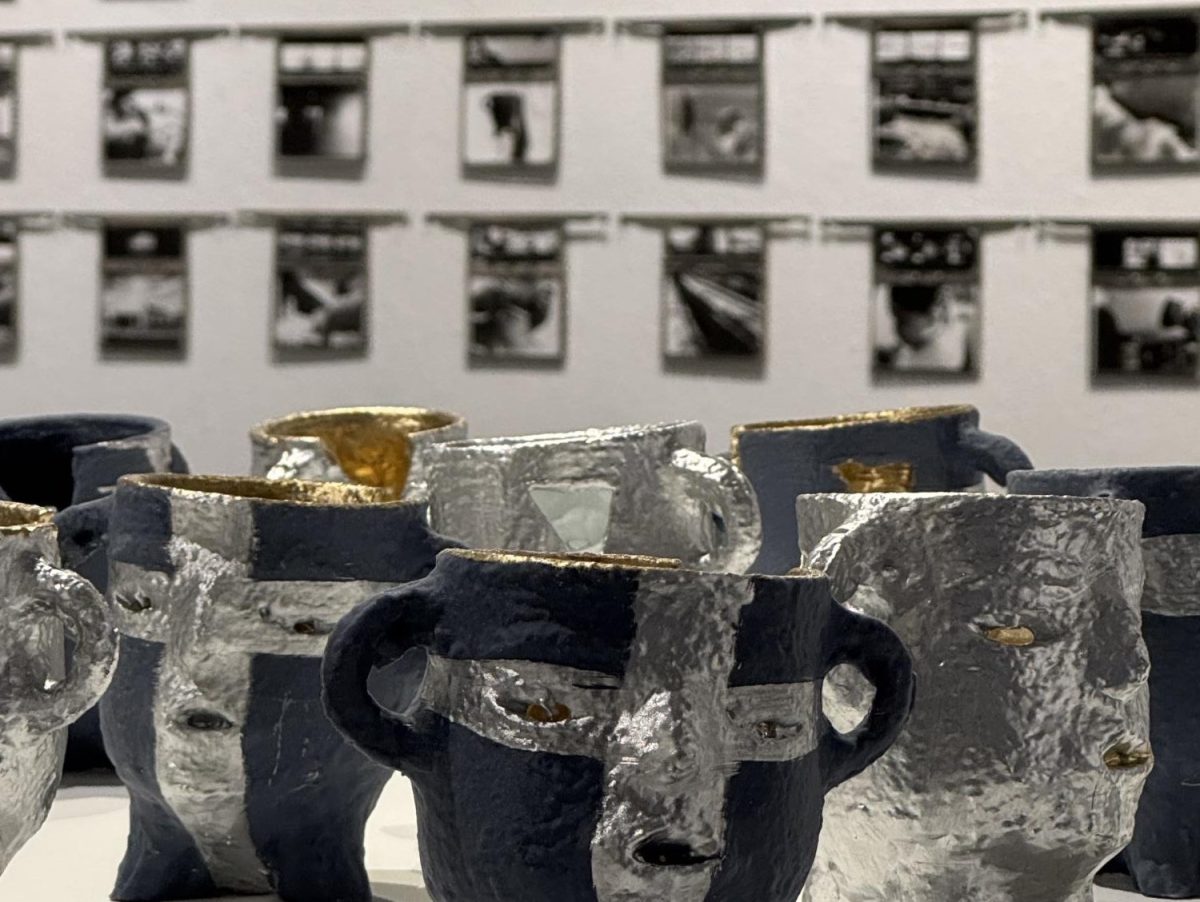“Brooklyn,” a movie directed by John Crowley and starring Saoirse Ronan — who plays an Irish immigrant in the U.S. in the 1950s — is fantastically fun and charming for the first three-quarters of the film, but loses its luster with a rushed finish.
Eilis Lacey (played by Ronan) struggles with homesickness and finding a part in American culture until she meets and falls in love with an Italian immigrant, Tony (played by Emory Cohen).
However, her finally established life in the U.S. is flipped upside down when she receives news of a death in the family and has to return to Ireland.
Once in Ireland, Eilis’s relationship with Tony is put to the test when she meets Jim Farrell (played by Domhnall Gleeson), an Irish bachelor who is very clear about his affection toward her.
Performances from Ronan and Cohen propel Nick Hornby’s near perfect script to Oscar considerations.
The chemistry between Ronan and Cohen is clearly the highlight of the film, while Ronan really puts herself on the map as she fully captures the emotional development of an immigrant.
With all of the great parts to “Brooklyn,” the film nearly falls apart in the last 20 minutes.
During her time in Ireland, there is great opportunity to create a wonderful contrast to her life in the U.S., but the story fails to make it seem like a viable option.
The point in the film where she makes her decision between the U.S. and Ireland, and ultimately between Tony and Jim, is skirted over too quickly.
This part felt as if the writer was crunched for time and had to write a conclusion quickly. It doesn’t match the rest of the movie.
The overall merits of the film, however, are enough to overlook this gap in storytelling.
Crowley’s vision, as director, and the music, composed by Michael Brook, create an eerily captivating environment for the film.
Watching “Brooklyn” is a satisfying experience, but it leaves the viewer feeling like there is something missing.















margaret sporer • Dec 2, 2015 at 10:53 am
The mean-spirited Mrs. Kelly, who intended to “out” Eilis’ marriage reminded her of all that was wrong with small-town Ireland in the 50s’ It forced her to confront what she wanted for herself and the realization that she had outgrown the claustrophobia, pettiness and manipulation. What seemed rushed to you was her hurry to get back and begin the life she had started with a man who valued her above all else. As a girl who left Ireland in the 60s this story I lived and breathed.